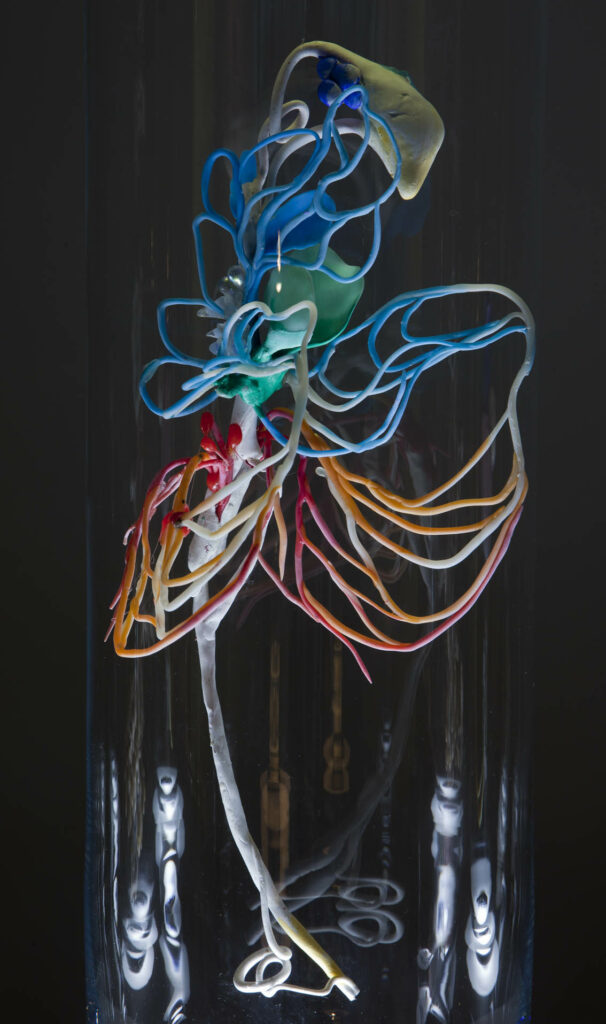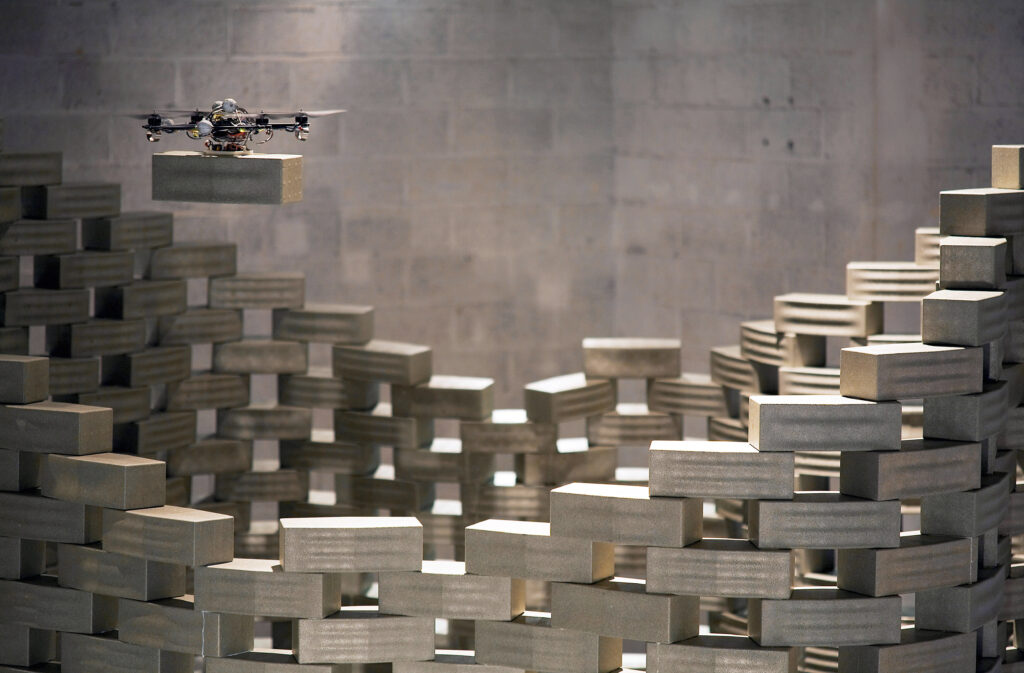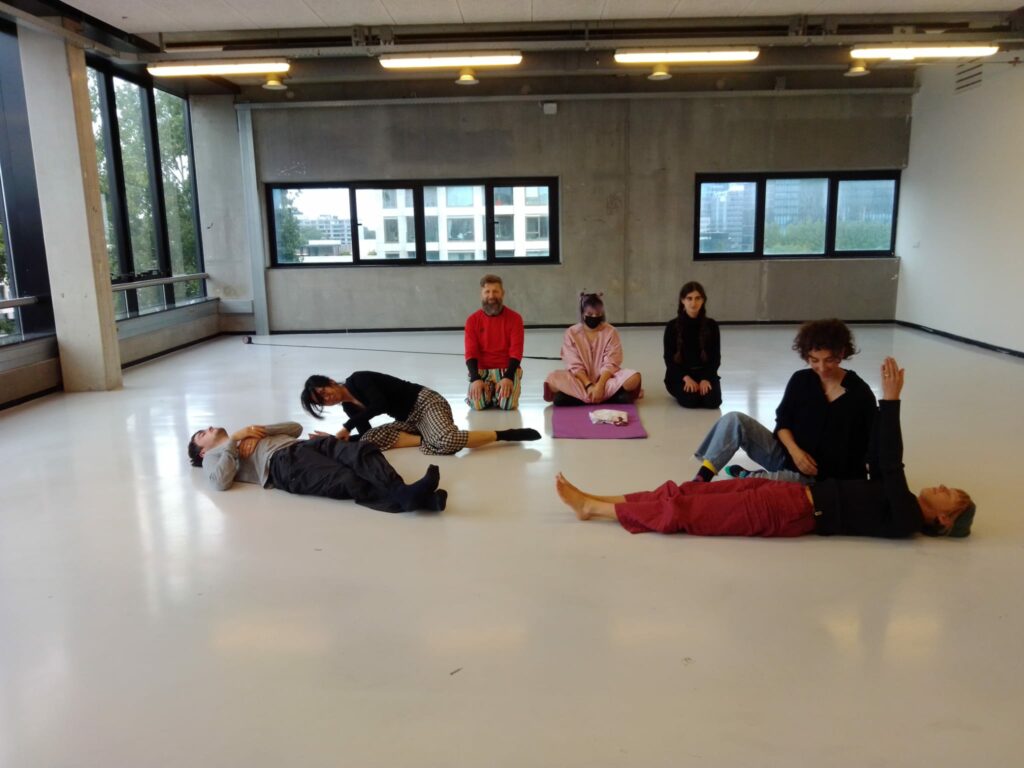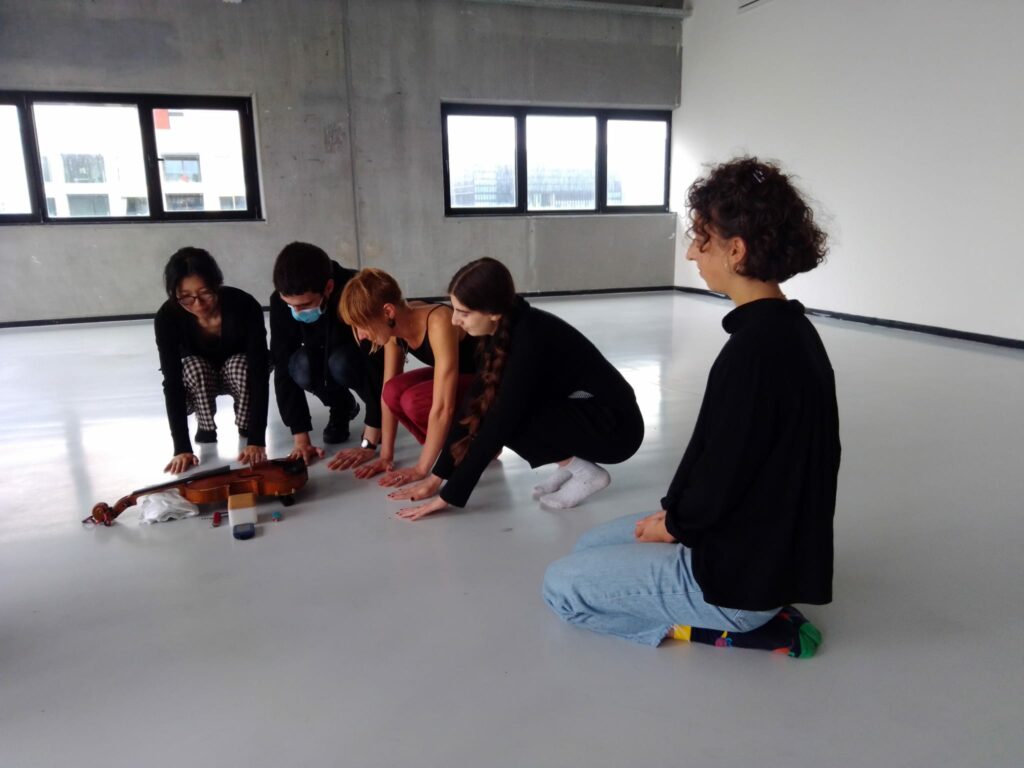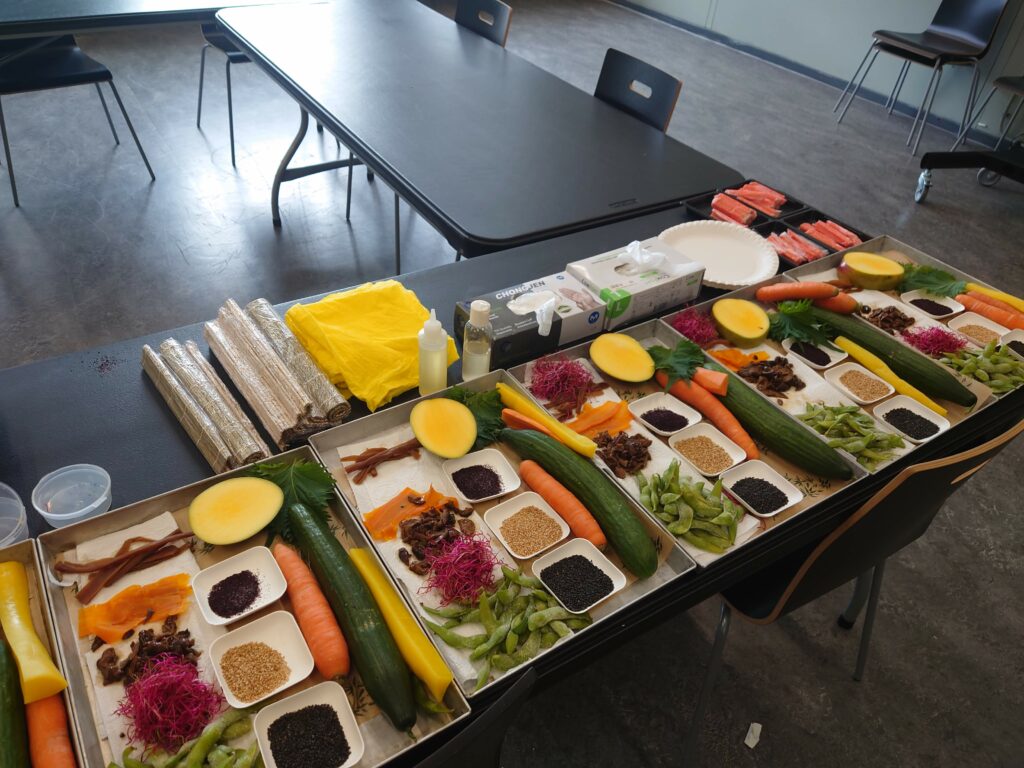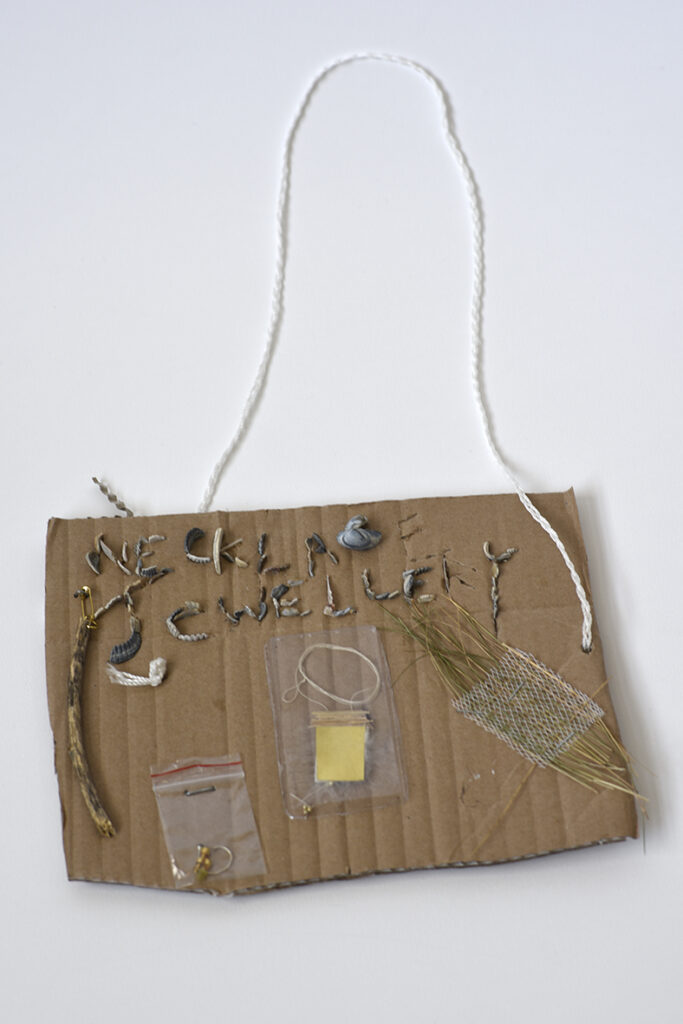
Clementine Edwards is an artist, editor and writer from Naarm/Melbourne and based in Rotterdam. Her work is guided by the ongoing research line material kinship, which thinks kin beyond bloodlines and material beyond extraction.
website: http://clementineedwards.com/
From the Jewellery Linking-Bodies department, Clementine will explore aesthetic strategies and develop works that map the connection between colonialism and climate crisis. A key concept is the miniature. By devoting herself to studio practice that, while ambitious, is neither bombastic nor grandiose, Clementine wishes to evoke wonder through the tiny and continue to de-link her work from cultures of (material) extraction. In particular, this means focusing on femme work, complex work, anti-heroic work. Of particular interest during her time at Rietveld is emphasising jewellery as an intimate, embodied and pertinent framework for one’s artistic practice. For more information about Clementine’s research please visit -> here
